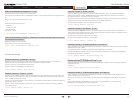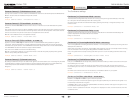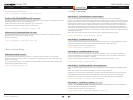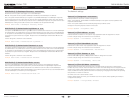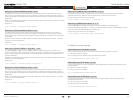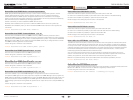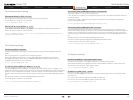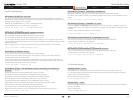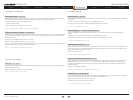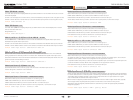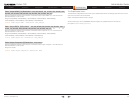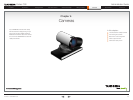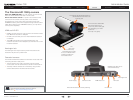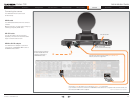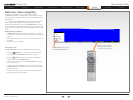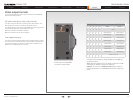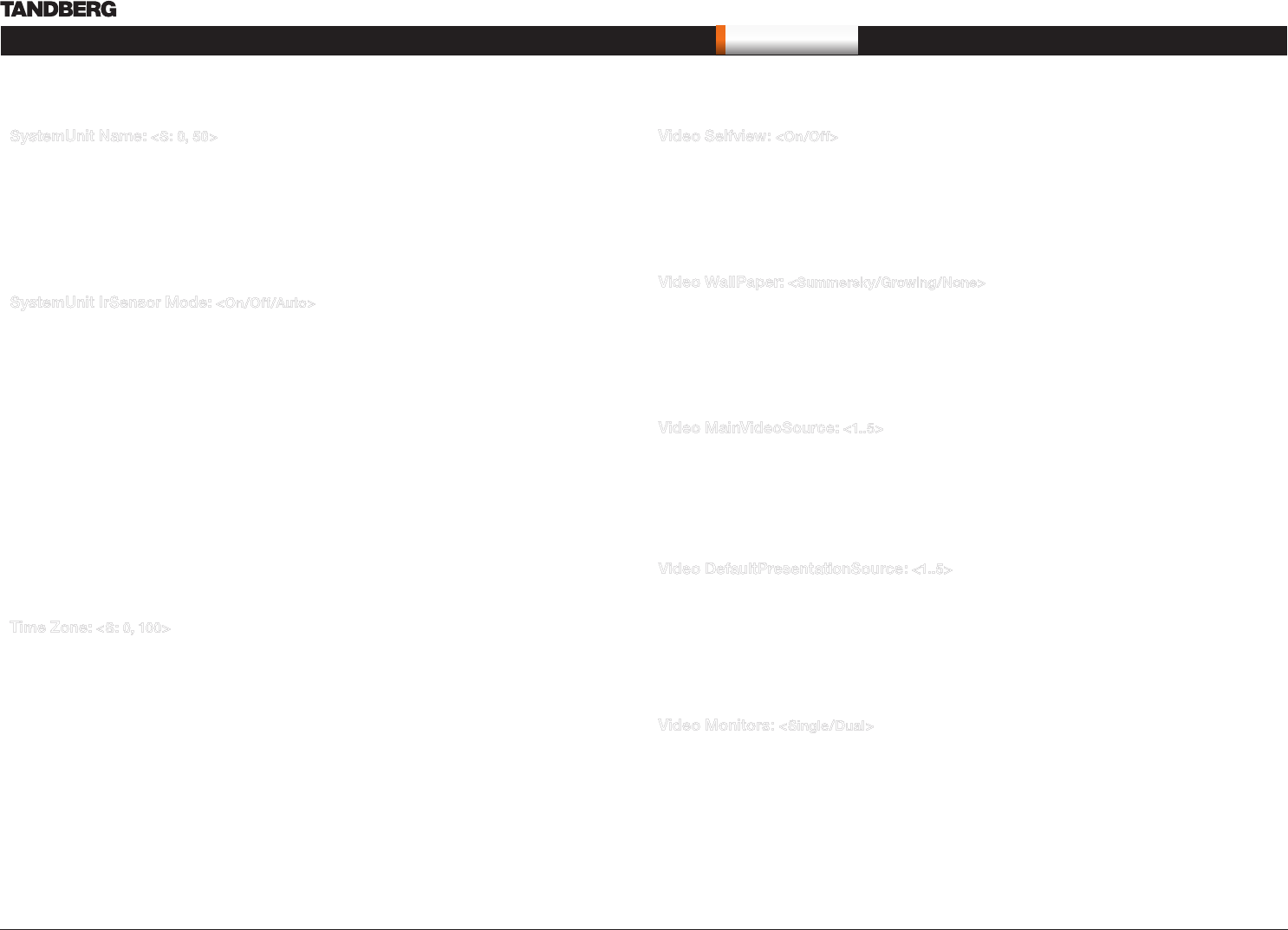
D14129.02—NOVEMBER 2008
30
Codec C90
Administrator Guide
Contents Introduction Getting started About the menus About the settings Settings Library Cameras Appendices Contact us
The settings library
Video Selfview: <On/Off>
The Video Selfview setting determines whether or not the main video source (selfview) should be displayed
on screen.
On: Set to On when you want selfview to be displayed on screen.
Off: Set to Off when you do not want selfview to be displayed on screen.
Example: Video Selfview: On
Video WallPaper: <Summersky/Growing/None>
The Video Wallpaper setting determines whether or not a background picture should be displayed on
screen.
Summersky, Growing: Select the wallpaper to be displayed on screen.
None: Set to None when you do not want a wallpaper to be displayed on screen.
Example: Video Selfview: None
Video MainVideoSource: <1..5>
Define which video input source shall be used as the main video source. The input source is configured to a
video input connector. See the Video Input Matrix table at the back of the codec and the description of the
Video Input Matrix in the Interfaces section.
Range: 1-5 video sources
Example: Video MainVideoSource: 1
Video DefaultPresentationSource: <1..5>
Define which video input source shall be used as the default presentation source (e.g. when you press the
Presentation key on the remote control). The input source is configured to a video input connector. See
the Video Input Matrix table at the back of the codec and the description of the Video Input Matrix in the
Interfaces section.
Range: 1-5 presentation sources
Example: Video DefaultPresentationSource: 3
Video Monitors: <Single/Dual>
The codec can be used with more than one monitor and this setting lets you set the codec’s monitor layout
mode to Single or Dual. The dual output is provided on HDMI output 3.
Single: The same layout is shown on all monitors.
Dual: The layout is distributed on two monitors.
Example: Video Monitors: Single
SystemUnit Name: <S: 0, 50>
Enter a System Name to define a name of the system unit. If the H.323 Alias ID is configured on the system
then this ID will be used instead of the system name. The system name will be displayed:
* When the codec is acting as an SNMP Agent
* Towards a DHCP server
Format: String with a maximum of 50 characters.
Example: SystemUnit Name: “Meeting Room Name”
SystemUnit IrSensor Mode: <On/Off/Auto>
The System Unit IR Sensor setting determines whether the infrared receiver on the codec should be enabled
or not. The IR sensor LED is located in the front of the codec and flickers when an ir signal is received from
the remote control.
On: Set to On to enable the IR sensor on the codec.
Off: Set to Off to disable the IR sensor on the codec.
Auto: The system will automatically disable the IR sensor on the codec if the IR sensor at camera is enabled.
Otherwise the IR sensor on the codec will be enabled.
Example: SystemUnit IrSensor Mode: On
The System unit settings
The Time zone setting
Time Zone: <S: 0, 100>
Specifies the NTP time zone where the system is located. See a list of the valid NTP Time Zone expressions
in the Appendices section.
Format: String with a maximum of 100 characters.
Example: Time Zone: “Etc./UTC”
The Video settings



